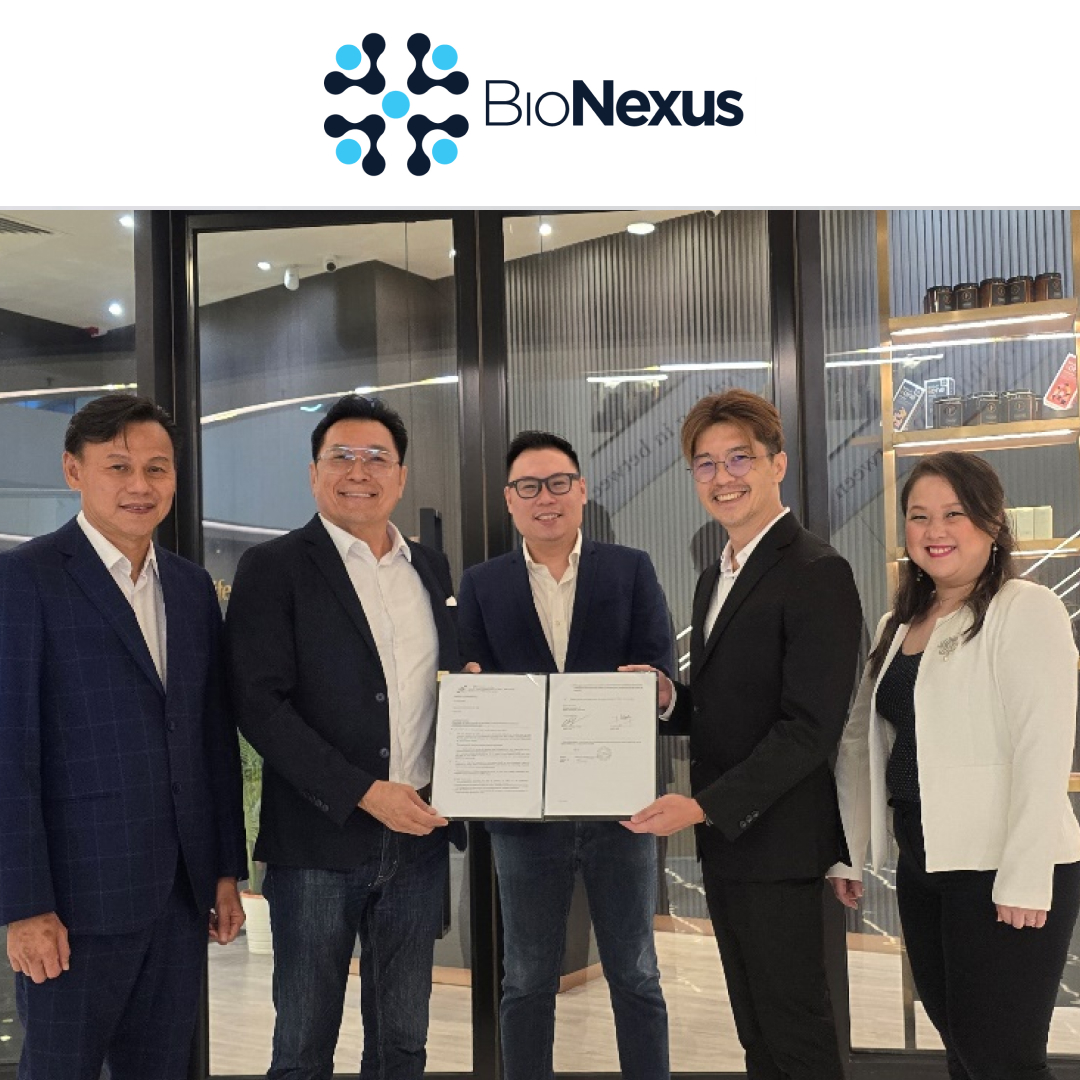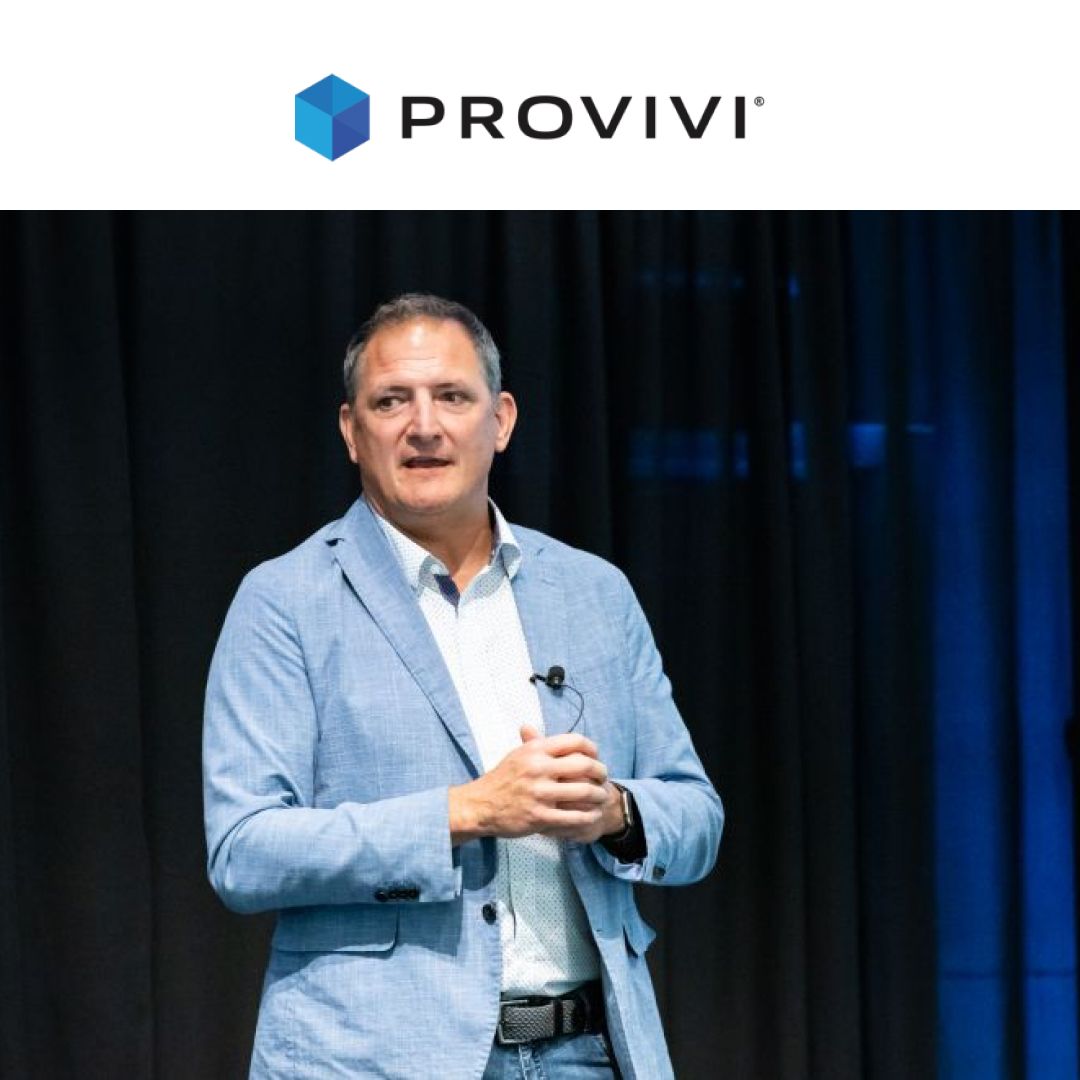
It’s been quite a year (2023) for biologicals!
As we get into the first quarter of 2024, now is worth a look back and look forward. For biologicals, 2023 was a boom or bust year where we saw great success or big failure.
On the fundraising success side, some notable deals include New Leaf Symbiotics, Indigo, Pivot Bio, FA Bio, Aphea Bio, and Elicit Plant. Private equity group Paine Schwartz Partners made a sizeable growth investment in Elemental Enzymes. Biobest bought Biotrop (Brazil) for more than USD 520 million. Pitchbook reports that venture capital remained steady for biologicals, not experiencing the significant downturn of other sectors like IT.
From what I know, three biological companies crossed the $100 million revenue threshold (Biotrop, Meristem, Pivot). The Profarm unit (formerly Marrone Bio Innovations) of Bioceres Crop Solutions reached profitability in 2023. Greenlight Biosciences received EPA approval for their dsRNAi product against the Colorado potato beetle – a first for RNAi! Micropep received EPA designation for its antifungal peptide as “biochemical-like” paving the way for a new generation of peptides. Platform10 was created out of the Western Growers (California-based) biological testing project to provide a global, cross-seasonal platform for testing new biopesticides in more realistic on-farm systems. This further cements the recognition that biologicals need to be properly tested based on their unique modes of action and that customers and key influencers need more education and training to use biologicals.
On the downside, the biostimulant and biofertilizer market in the US softened as chemical fertilizer prices came down to earth. But the good news is that US farmers are increasingly understanding the value of biologicals to reduce fertilizer, regenerate their soils, and enhance yields.
AgBiome laid off all its employees in December 2023 and Boost Biomes closed; both are auctioning off their assets. The venture capital investment climate was challenging in 2023, but biological deals in general were a bright spot for financing compared to the overall broader
climate for startup financings. Valuations were in correction territory after sky-high valuations in 2000-2022.
So, why did some companies raise money while others struggled? Big platforms are not as attractive to acquirers as they were in the past. The market has changed. Companies with better ways to discover biologicals certainly can attract capital, but the most difficult part of building a
company is development and commercialization, not discovery. There remains an ecosystem for startups that spin out a stream of discoveries for larger partners to commercialize. But most acquiring companies and growers want effective, innovative commercial products that provide an above-average value proposition, have been de-risked in the market, or meet unmet/changing market needs (e.g. to replace chemical fertilizers in Europe due to EU reduction targets) or access the fast-growing Brazil market.
For a startup, it is critical to quickly get a portfolio of products to market (e.g. Marrone Bio, Meristem, Biotrop, New Leaf), or be the first to market in a new segment (e.g. Pivot Bio). Parallel global expansion can be crucial to growth and to provide counter-seasonal risk mitigation (when one market is in drought and fungicide sales are down, another part of the world may be fine). It is risky to rely on just one crop, one segment, and one geography unless, as I said before, you are first to market in a valuable new segment (e.g. N fixation in corn). Entering the market with another biofungicide for the US market is challenging because it is a very crowded market for both biological and chemical fungicides – it’s being commoditized. Many distributors just swap one bio product for another depending on their profit margin. Startups are guilty of enabling this commoditization by aggressively targeting existing biofungicides from more established companies instead of expanding the entire biofungicide category. That said, US farmers still need better disease control in some crops: for example, Botrytis in berries, a less expensive sulfur replacement for grape powdery mildew, and Fusarium control in lettuce, tomatoes, and berries to name a few.
Being a CEO of an agbio company is a highly risky job. Just in the past year, CEOs from Vestaron, Biotalys, Semios, Pebble Labs, Benson Hill, Verdesian Life Sciences, Invaio, Indigo, and Pivot Bio stepped down. On Feb 1, Vestaron announced that their CEO stepped down. Some of these CEOs raised money at such high valuations that will likely not provide investor ROI anytime soon, contributing to investor unrest. It is difficult to gain market share in this competitive market and it is nearly always slower than expected, therefore it can be challenging to support lofty valuations.
In 2023, a problem for biological startup companies was the US EPA’s severe backlog in the BPPD for new active ingredient (AI) review, causing long delays in approvals, supposedly because of the high volume of new AI applications and lack of staffing to handle them. As such, Brazil has eclipsed the US as the largest biological market and is replacing the US as the first place for startups to get their MVP to market.
Looking ahead, what changes and trends in the industry should we pay attention to or look forward to in 2024?
Brace yourself! The speed of change will remain rapid with continued advancements in science and technology, especially AI/ML in all aspects of food and agriculture. I think we will see continued robust investment in biologicals; valuations will remain flat or move slightly upward. But the bar is higher. The days of having another mixture of “ordinary” PGPR Bacillus and/or Pseudomonas are over. Despite claims that “our microbes are better,” this category (“bugs in a jug”) is commoditized. 3-7% yield enhancement claims are not good enough. 10% or more with a +80% win rate (=consistency) is the bar for a new biostimulant. Unique and innovative with an above-average ROI!
We will see investment continue in European biological companies as there a several climate tech- focused funds there and there are loans and large grants for young companies that are not available in the US. Funds investing in biologicals will be more climate tech, impact funds, and fewer pure agbiotech/agtech funds. M&A will continue, as a necessary consolidation of the biostimulant sector and as large companies round out their portfolios to take advantage of the European restrictions on chemical fertilizers. We will see more successes in the biopesticidal peptide and RNAi arena. In the medium to long term, both peptides and RNAi will become established, successful categories in the US and Brazilian markets.







Leave a Reply